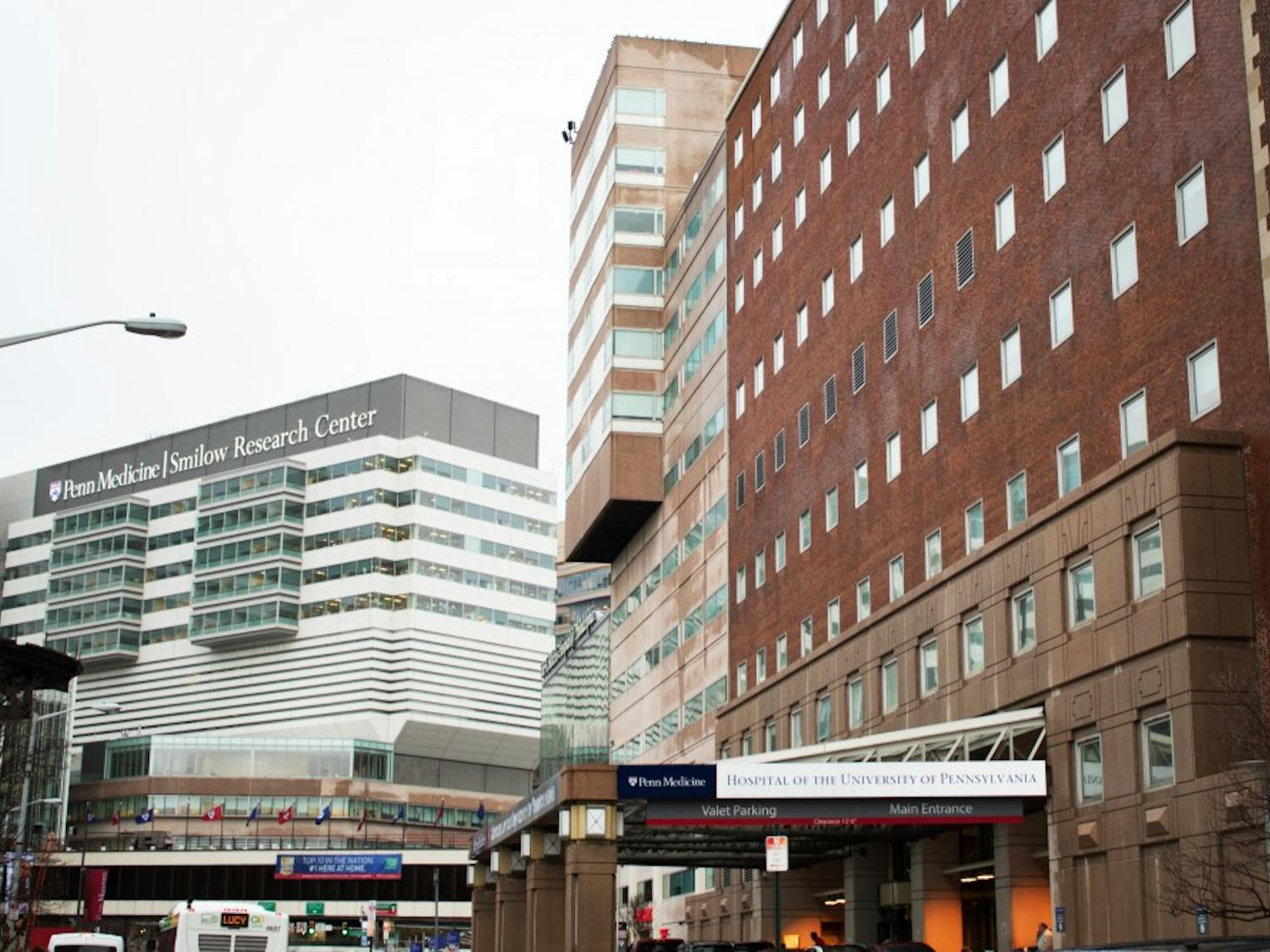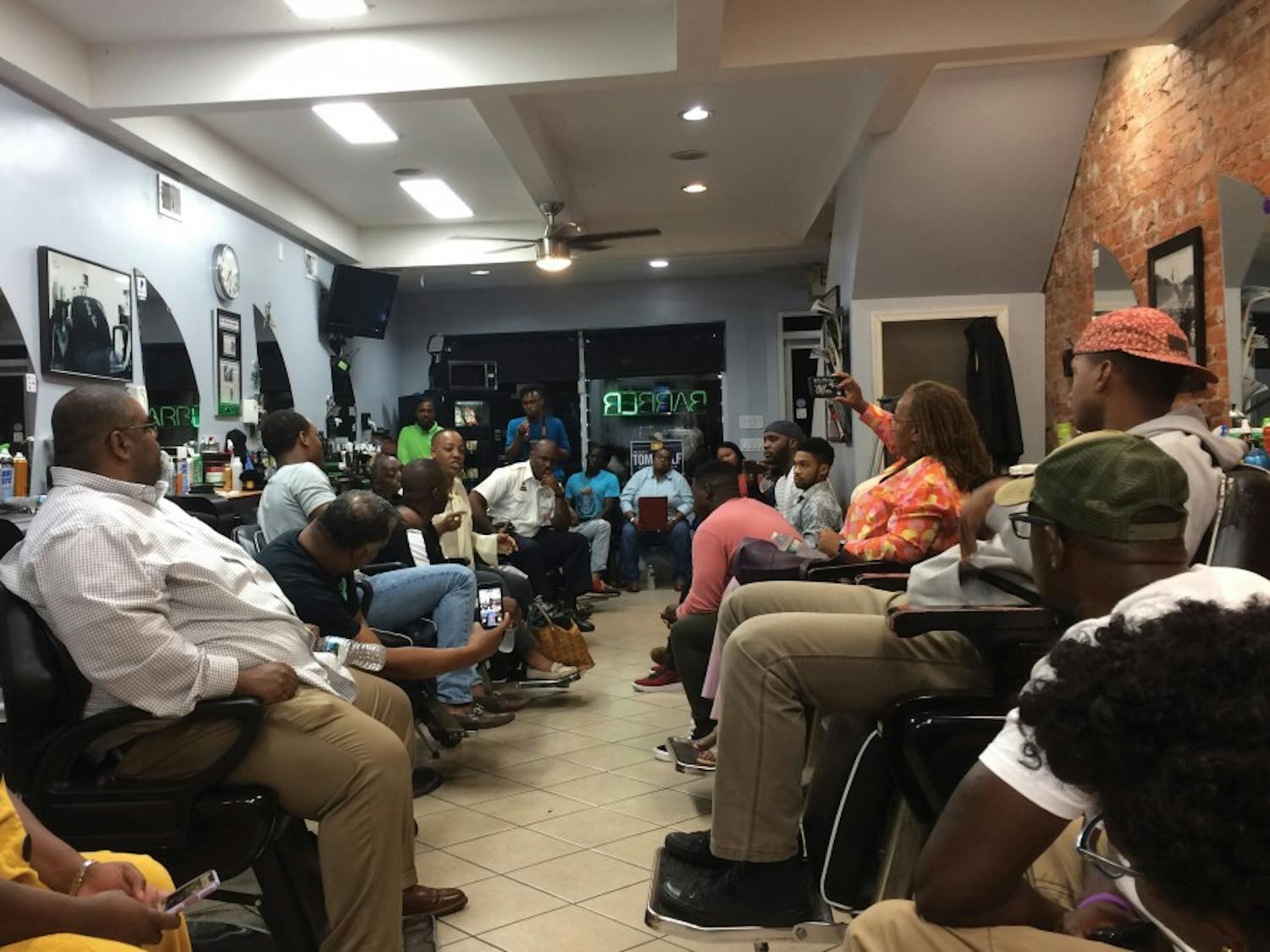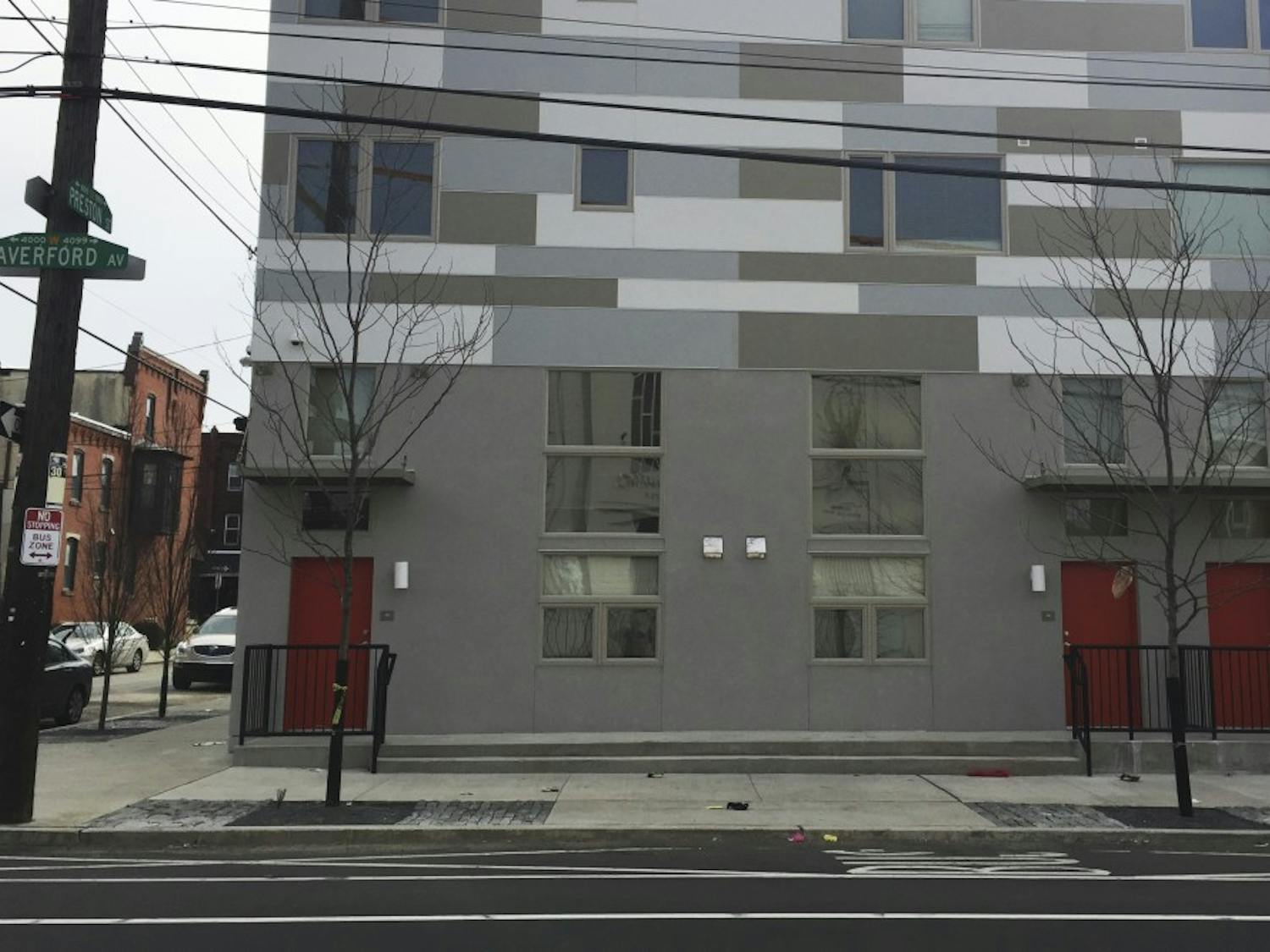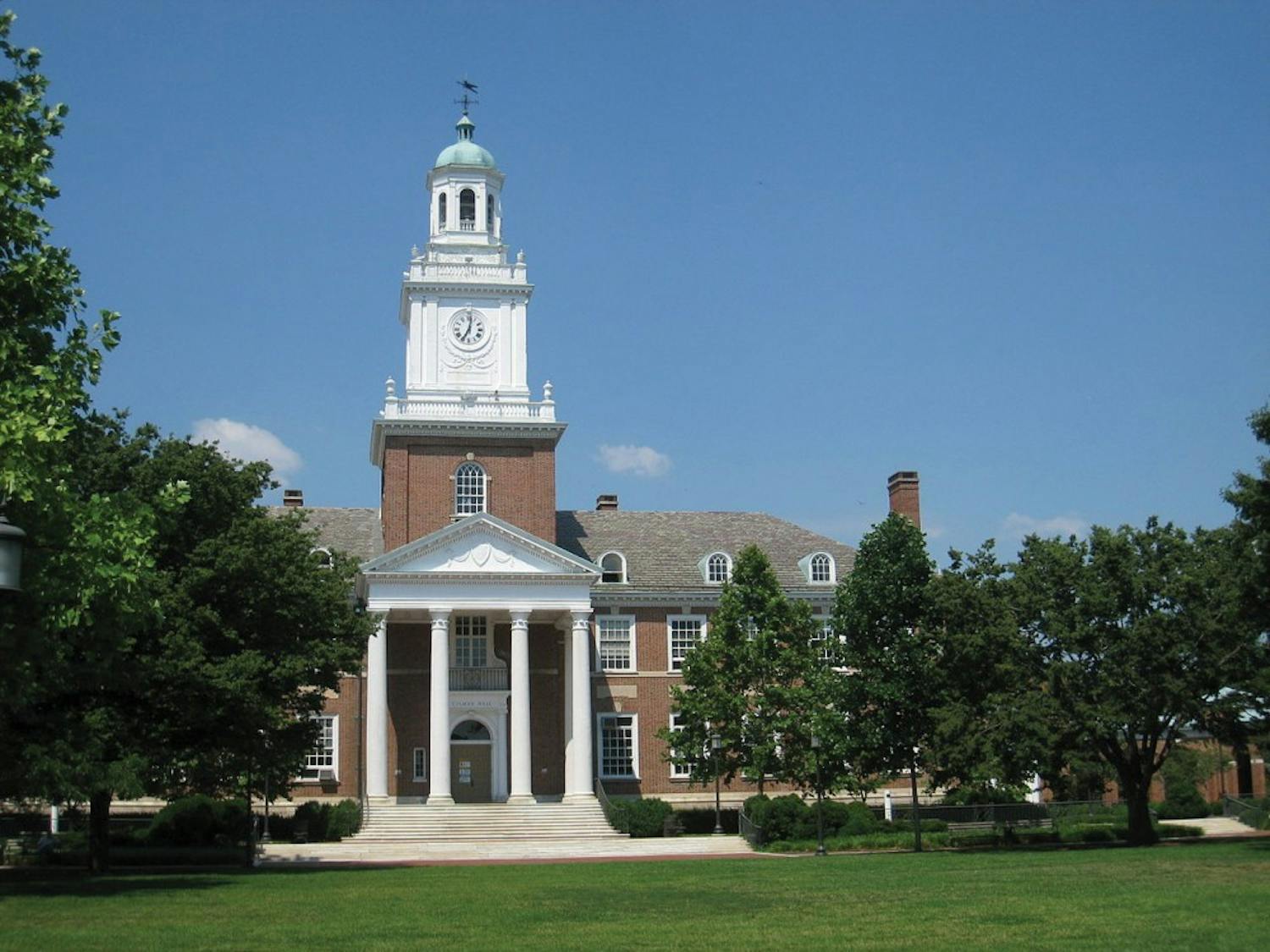Some West Philadelphia high school students are using Jell-O and Play-Doh to learn how our bodies work.
College Junior Samantha Freedman currently works with the Pipeline Program through the Netter Center to connect with local high school students to get them interested in biology and medicine. The Netter Center is Penn’s biggest organization that sponsors community partnerships and tutoring programs to foster a greater relationship between Penn and West Philadelphia. Though the Pipeline Program typically focuses on neurology and gastroenterology at Sayre High School, Freedman, who has been involved since her sophomore year, worked this semester to develop a pilot a program focusing on cardiology at West High School.
Freedman’s new program is based off curriculum that the Netter Center had already developed, though she was the one to “make all the connections and bring it into another high school,” she said. Though this was only a pilot program, and was therefore only three weeks long instead of the typical six, “it worked well and we’re hoping to fully implement it either in the fall or the spring,” Freedman said.
The Pipeline Program has been working with ninth and tenth grade students at Sayre High School since 1998. In the fall, Penn undergraduates instruct all students enrolled in biology at Sayre High School in 45-minute lessons every week, conducting hands-on experiments like dissecting Jell-O molds of the brain. In the spring, the program continues for select students who showed enthusiasm in the fall. Those select students continue their studies after school with current Penn Medical students, doctors and undergraduates at the Perelman School of Medicine, focusing especially on clinical treatments for diseases.
In the new cardiology program, 11th grade students learned about the heart and then used different colors of Play-Doh to mold the different valves of the heart and took their own pulses.
Using activities like this really gives students a better understanding of how things like strokes and heart attacks happen, knowledge they don’t otherwise have, Freedman explained. “A lot of these kids have family members who have suffered from heart attacks or strokes, but there really isn’t a lot of education about what those things mean,” she said.
“This isn’t quite a tutoring program, because the information we’re teaching them is all new,” she added.
Dr. Sharon Lewis, director of the Pipeline Program , spoke to the personal connections fostered through the program. “Aside from teaching the curriculum, we try to foster relationships with the Penn undergraduate TAs and high school students so that they feel comfortable asking about college access or post high school education,” she said. “I specifically love seeing the relationships flourish between the medical students, undergrads and high school students and seeing the high school student really gain confidence in themselves.”
Even though the focus isn’t on improving in school, but rather on engaging and exciting students about science, the students still absorb the material. “My favorite part of working with students is when they ask questions. I was teaching once about different parts of brain and vision, and one student started asking questions about how the eye works and how the brain processes images. It was such a great feeling because I knew that they were actually connecting with the material,” Freedman said.
College freshman Lucy Gao, who is one of the TAs for both the fall and spring programs, has also developed close relationships with the students. As a TA, Gao works closely with a few select students in discussion and lab groups, and is currently helping students develop their final projects.
“It’s such a great feeling when you’re trying to explain something, and it’s just not going through, and then you come up with the perfect analogy and you can see the kids start to grasp the concept,” she said.
College junior Robert Burgese, who is also a TA for the program, added that the experience was just as fulfilling for him as for the students themselves. “In terms of my experience with the program, witnessing the transformations of many of my students has been most fulfilling. I enter every session with the hope that I can motivate at least one student to further explore something for which they feel passionate or even to provoke a new passion,” he said.
Though students from the program don’t often go onto medical school because of the challenges and time commitments, many have still gone onto pursue careers in healthcare. “We have a lot of students going onto Pharmaceutical or Nursing careers, often through the Lincoln Technical Institute,” Freedman said.
A graduation ceremony for students completing the spring Pipeline Program will be held on April 24.








